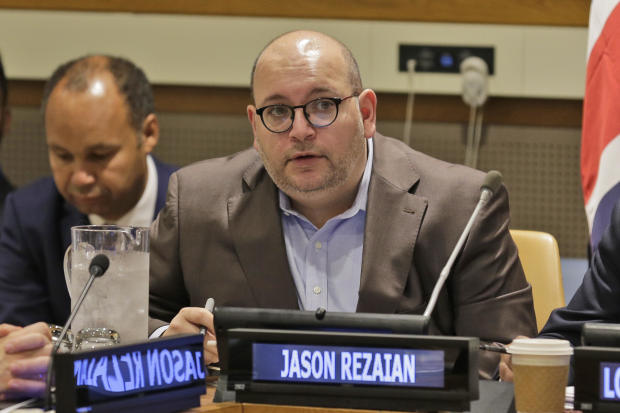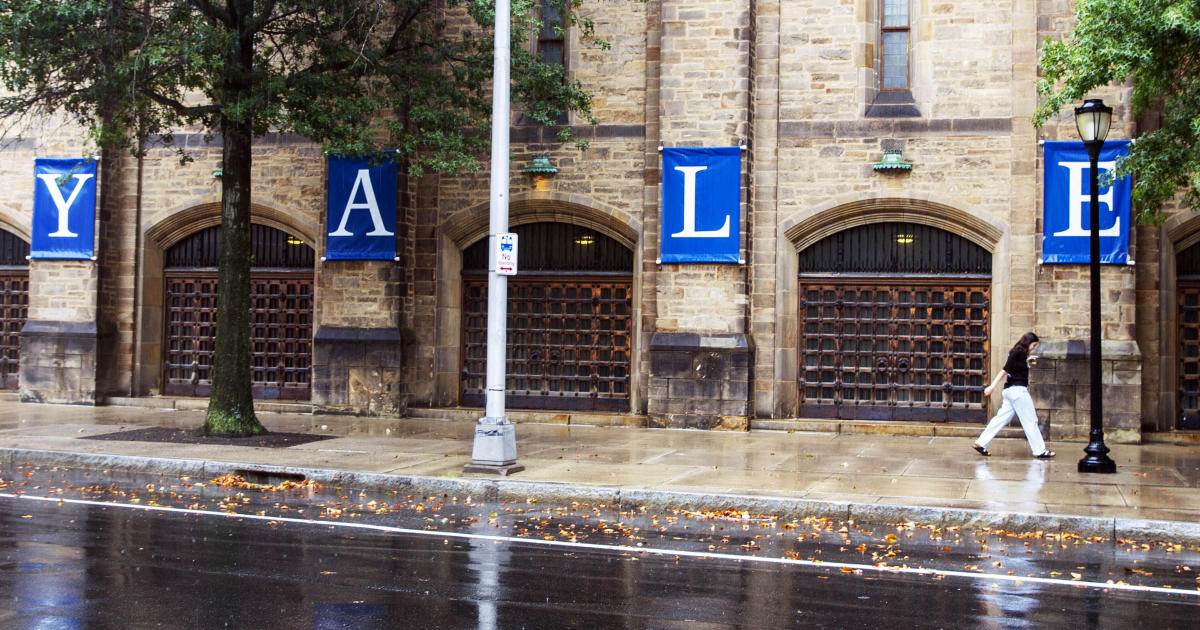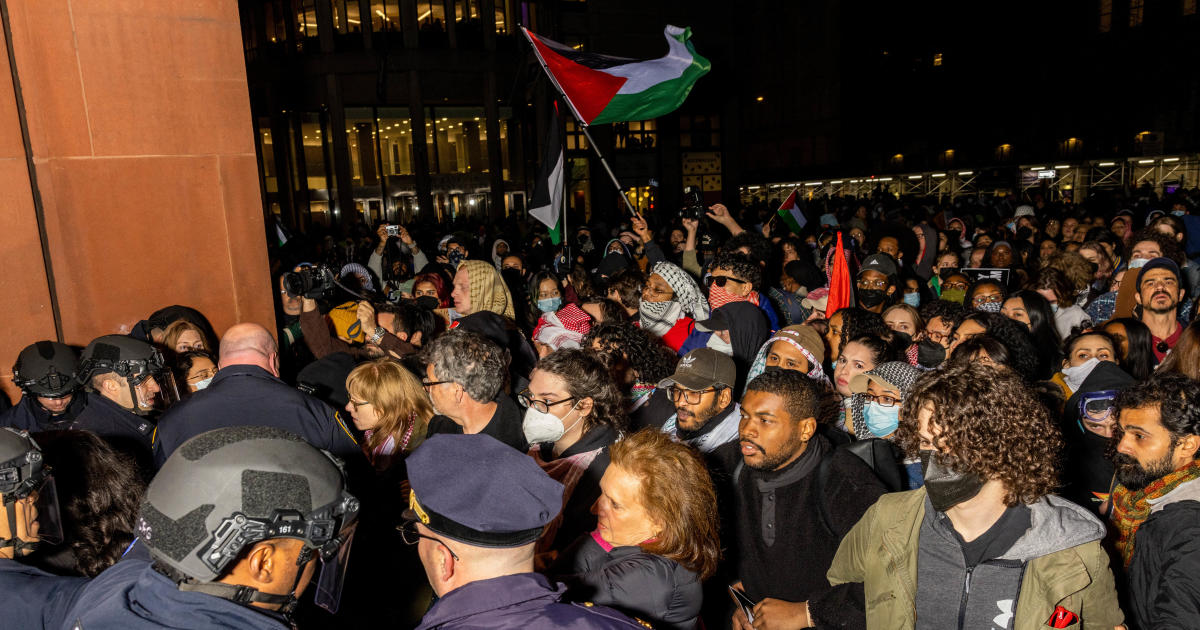U.S. judge awards nearly $180 million to Washington Post reporter held by Iran
A U.S. federal judge has awarded a Washington Post journalist and his family nearly $180 million in their lawsuit against Iran over his 544 days in captivity and torture while being held on internationally criticized espionage charges.
The order in the case filed by Jason Rezaian came as Iranian officials appeared to begin restoring the internet after a weeklong shutdown amid a security crackdown on protesters angered by government-set gasoline prices sharply rising. The U.S. government has sanctioned Iran's telecommunications minister in response to the internet shutdown.
U.S. District Judge Richard J. Leon in Washington entered the judgment late Friday in Rezaian's case, describing how authorities in Iran denied the journalist sleep, medical care and abused him during his imprisonment.
"Iran seized Jason, threatened to kill Jason, and did so with the goal of compelling the United States to free Iranian prisoners as a condition of Jason's release," Leon said in his ruling.
The judge later added: "Holding a man hostage and torturing him to gain leverage in negotiations with the United States is outrageous, deserving of punishment and surely in need of deterrence."
Iran never responded to the lawsuit despite it being handed over to the government by the Swiss Embassy in Tehran, which oversees U.S. interests in the country. Iran's mission to the United Nations did not immediately respond to a request for comment Saturday.
Rezaian and his lawyers did not respond to a request for comment. Martin Baron, the executive editor of the Post, said in a statement that Rezaian's treatment by Iran was "horrifying."
"We've seen our role as helping the Rezaians through their recovery," Baron said. "Our satisfaction comes from seeing them enjoy their freedom and a peaceful life."
Rezaian's case, which began with his 2014 gunpoint arrest alongside his wife Yeganeh Salehi, showed how the Islamic Republic can grab those with Western ties to use in negotiations. It's a practice recounted by human rights groups, U.N. investigators and the families of those detained.
Despite being an accredited journalist for the Post with permission to live and work in Iran, Rezaian was taken to Tehran's Evin prison and later convicted in a closed trial before a Revolutionary Court on still-unexplained espionage charges.
Iran still focuses on the case even today, as a recent television series sought to glorify the hard-liners behind the arrest.
It remains unclear how and if the money will be paid. It could come from the United States Victims of State Sponsored Terrorism Fund, which has distributed funds to those held and affected by Iran's 1979 student takeover of the U.S. Embassy in Tehran and subsequent hostage crisis. Rezaian named Iran's paramilitary Revolutionary Guard, this year designated as a terrorist organization by the Trump administration, as a defendant in the case.
The order comes a week after the Nov. 15 gasoline price hike, which sparked demonstrations that rapidly turned violent, seeing gas stations, banks and stores burned to the ground. Amnesty International said it believes the unrest and the crackdown killed at least 106 people. Iran disputes that figure. A U.N. office earlier said it feared the unrest may have killed "a significant number of people."




